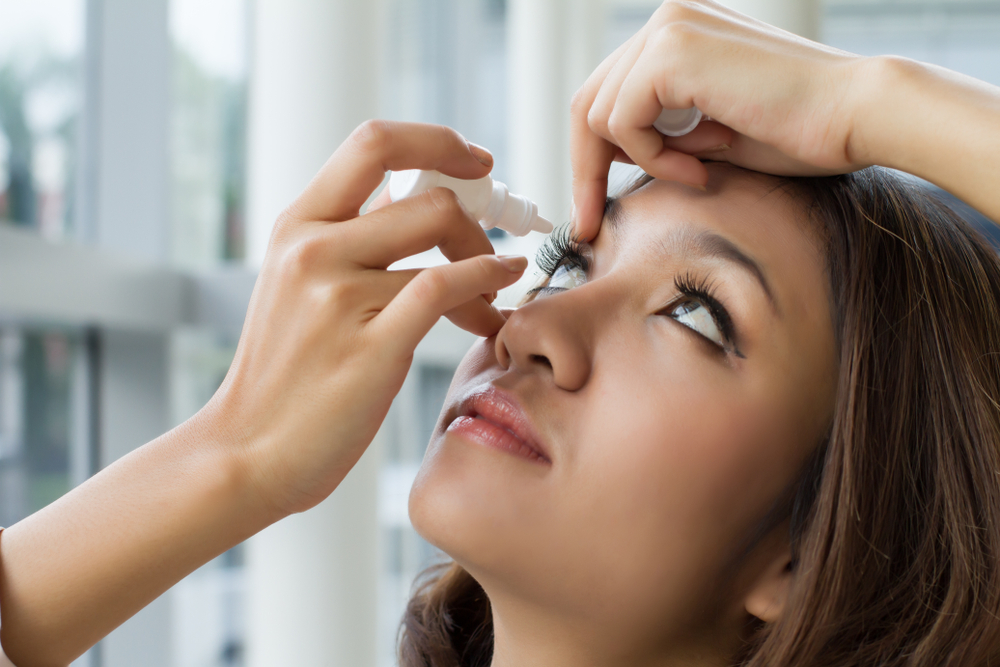An eye allergy is otherwise called allergic conjunctivitis, and is an immune reaction that happens when the eye comes into contact with an irritant. This irritant substance is known as an allergen. Allergens may include dust, smoke or pollen.
The immune system regularly shields the body against harmful organisms and substances, such as infections and microscopic organisms. In individuals with eye allergy, the immune system confuses an allergen for a risky substance. This makes the immune system make compounds that battle against the allergen, despite the fact that it is safe. The response prompts various irritating symptoms such as irritated, red, and watery eyes. In a few people, eye allergies may likewise be identified with skin inflammation and asthma.
Over-the-counter medicines can help in relieving eye allergy manifestations; however individuals with extreme hypersensitivities may require extra treatment.


